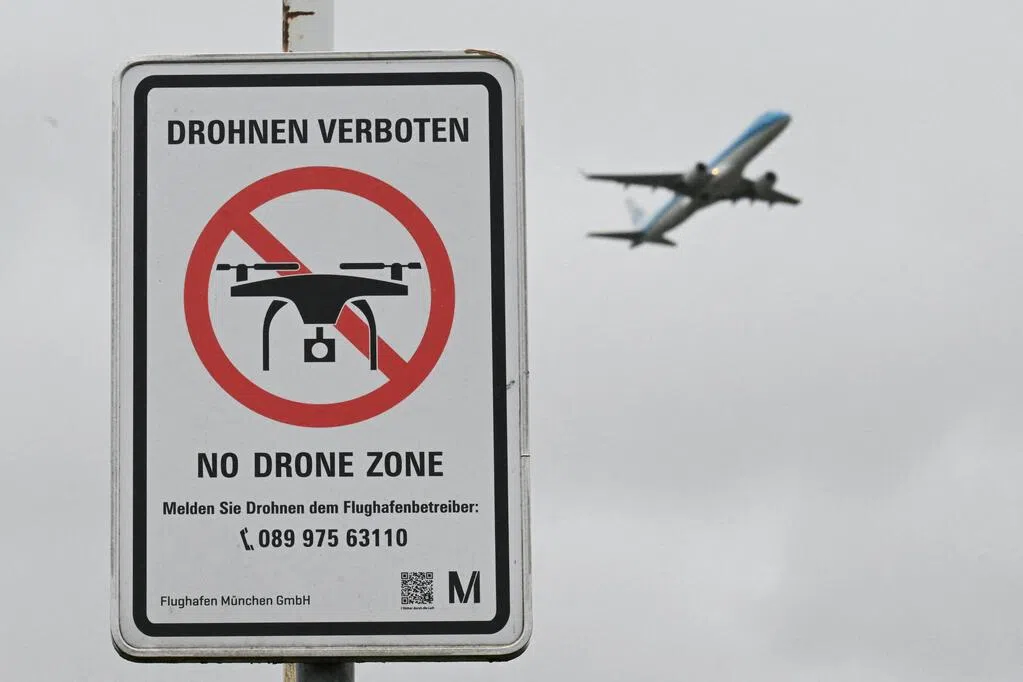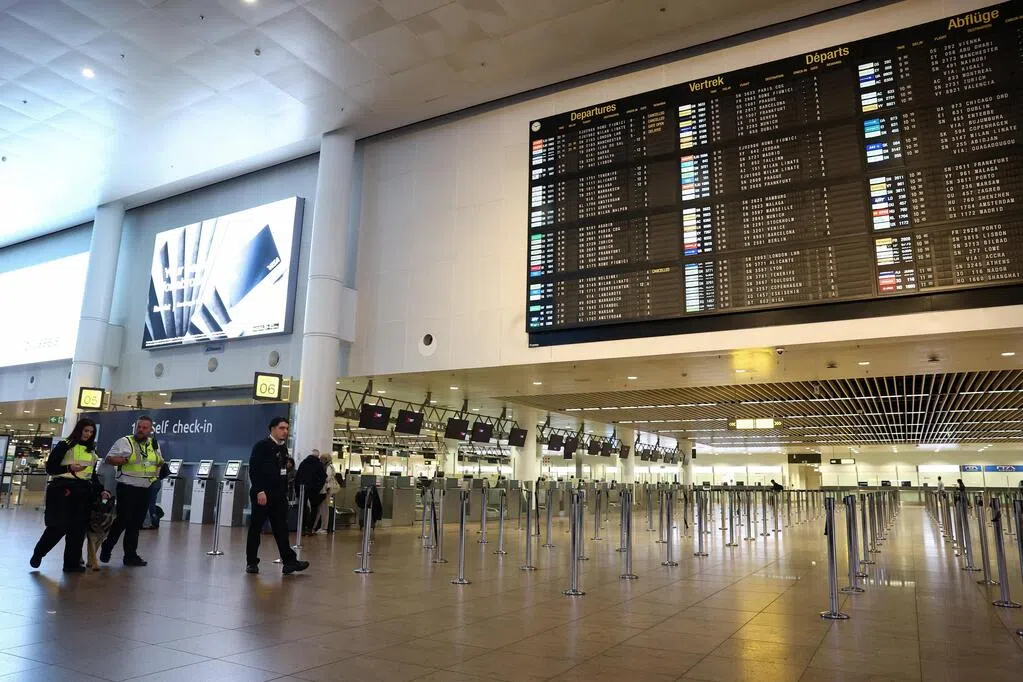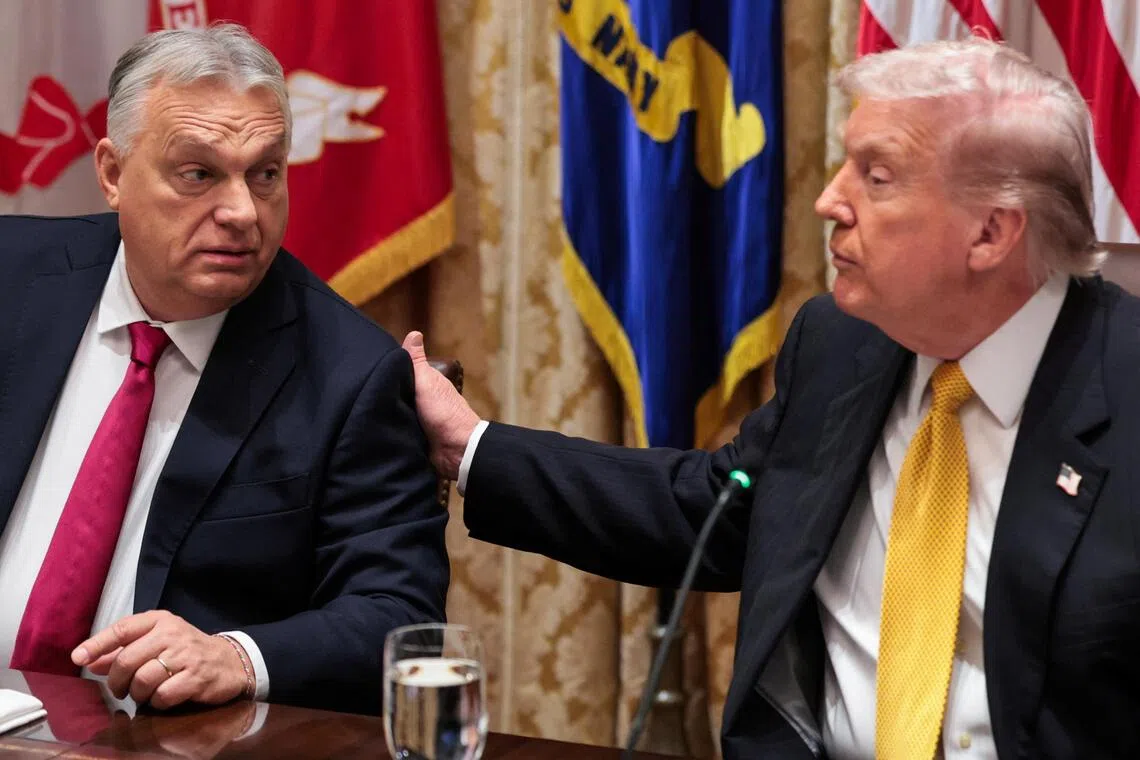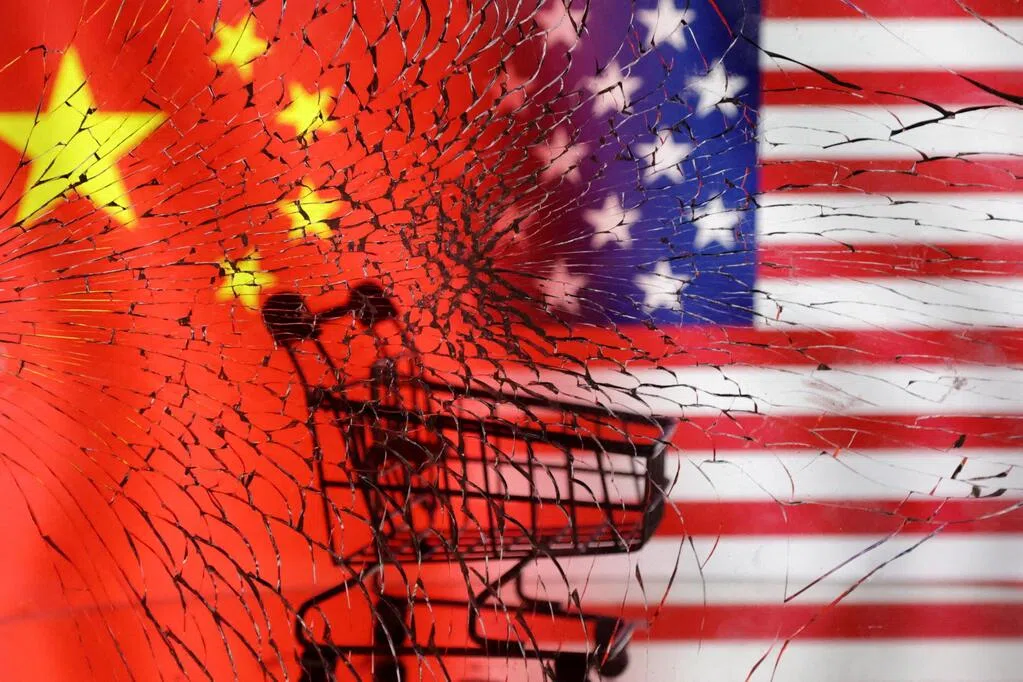(Berlin) German Defense Minister Pistorius hinted that recent drone incidents in Belgium were related to discussions about using frozen Russian assets to provide a massive loan to Ukraine.
At a press conference in Berlin on Friday (November 7), Pistorius said, "This is a means of spreading unease and creating panic in Belgium, warning 'You can forget about using the frozen assets.' There is no other interpretation."
The Belgian Ministry of Defense declined to comment on Pistorius's remarks but indicated that the possibility was being discussed domestically.
Drones appeared over Belgian airports this week, leading to emergency closures and flight cancellations. Similar incidents have occurred in several parts of Europe in recent months. Some officials have attributed these incidents to Russian "hybrid warfare," but Moscow denies any connection to the drone interference incidents.
Most of the frozen Russian assets the EU is considering using to aid Ukraine are held by the Belgian financial institution Euroclear. The Belgian Prime Minister had previously stated that Belgium needed concrete and reliable guarantees before using these Russian assets.
Further Reading


U.S. sources told Reuters that the U.S. fully supports the EU's use of frozen Russian assets to support Ukraine. The U.S. is also closely monitoring the impact of sanctions against Russian oil companies.
The source also said that the U.S. has further actions it can take to increase pressure on Russia.
Due to the stalled ceasefire negotiations between Russia and Ukraine, U.S. President Trump announced sanctions last month against Russia's two largest oil companies—Rosneft and Lukoil.
White House: Hungary can be exempted from sanctions for one year for buying Russian oil.

However, while intensifying efforts to crack down on Russian funding sources, Trump, after meeting with Hungarian President Viktor Orbán at the White House on Friday, agreed to allow Hungary to continue purchasing Russian oil and waive sanctions for another year.
Orbán, who has a good relationship with Trump, visited the White House for the first time since Trump's return. In a friendly meeting, Orbán explained why Hungary must continue buying Russian oil even as Trump pressures Europe to stop purchasing it.
Trump told reporters, "His situation is different. It's completely different from Hungary getting oil and gas from other places… They are a great country, a big country, but they are landlocked and have no ports."
White House officials said after the meeting that, in addition to the sanctions waiver, Hungary also pledged to purchase approximately $600 million (about S$780 million) worth of liquefied natural gas from the United States.



